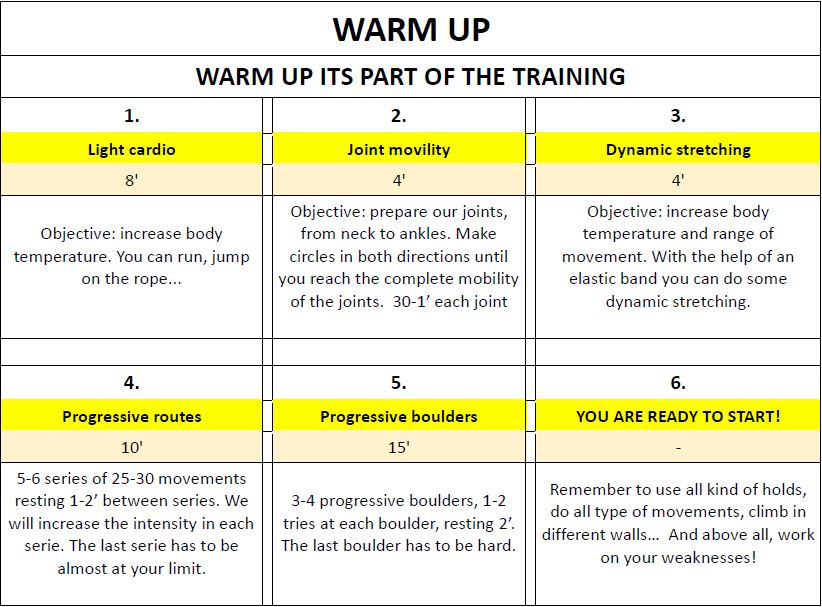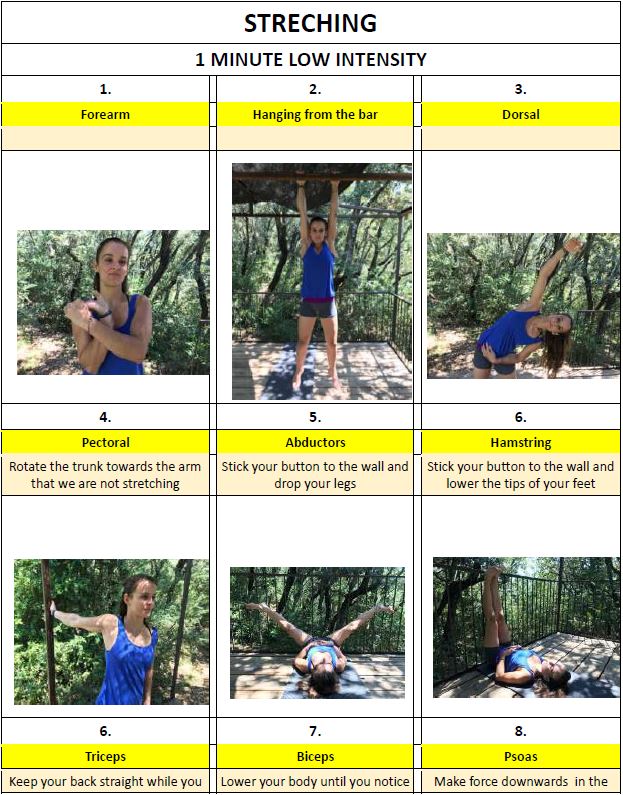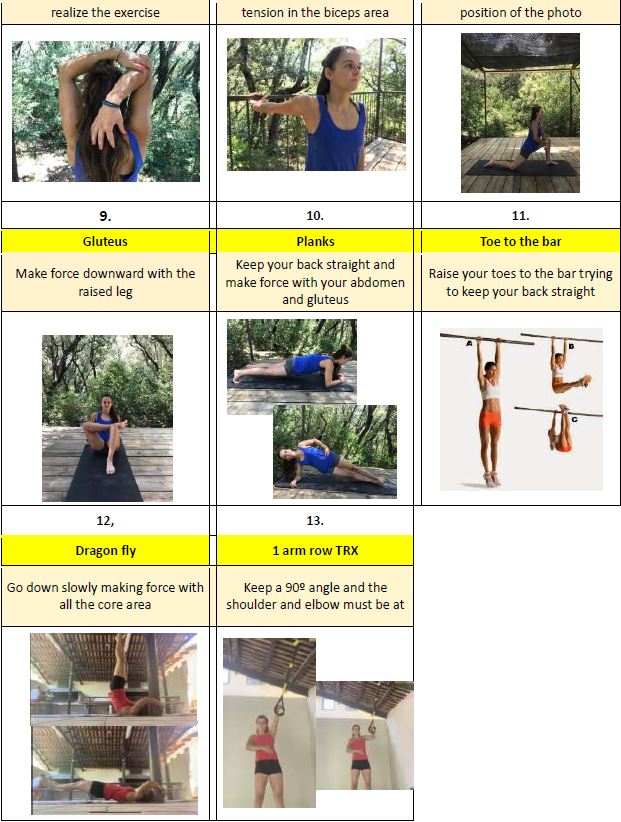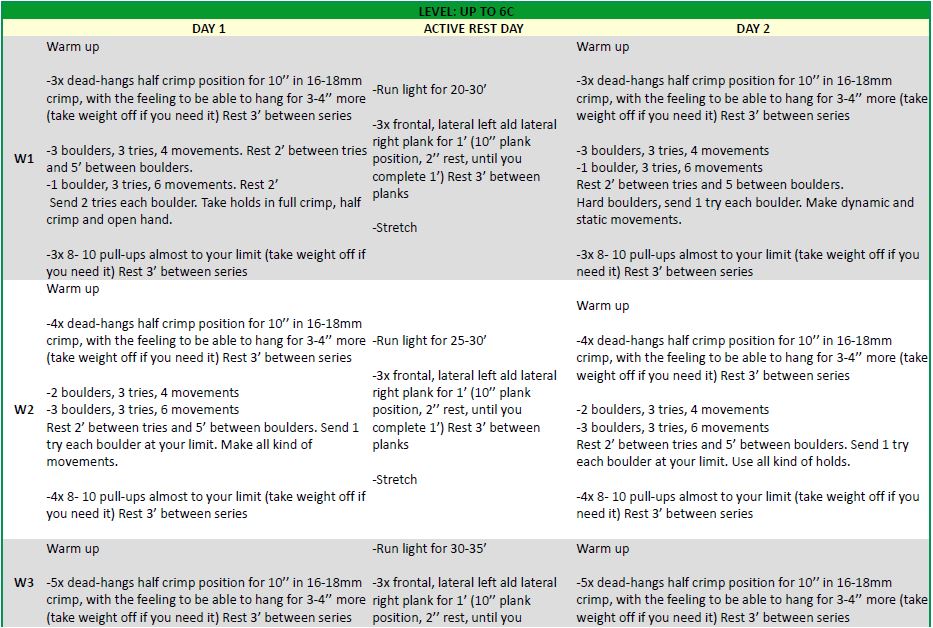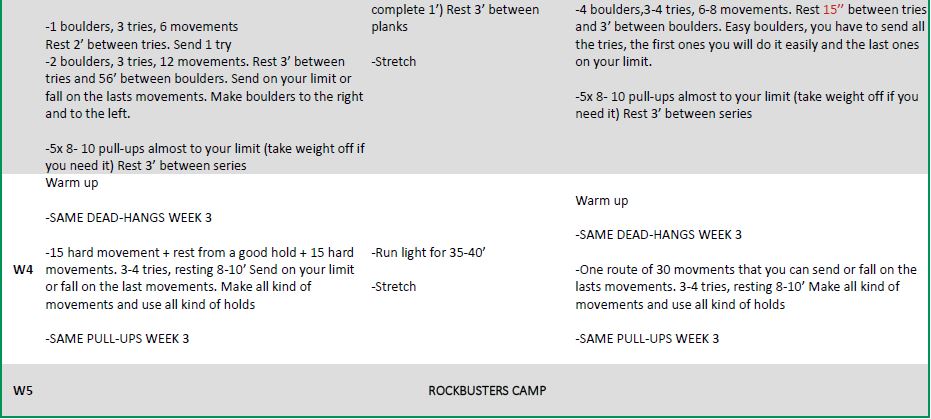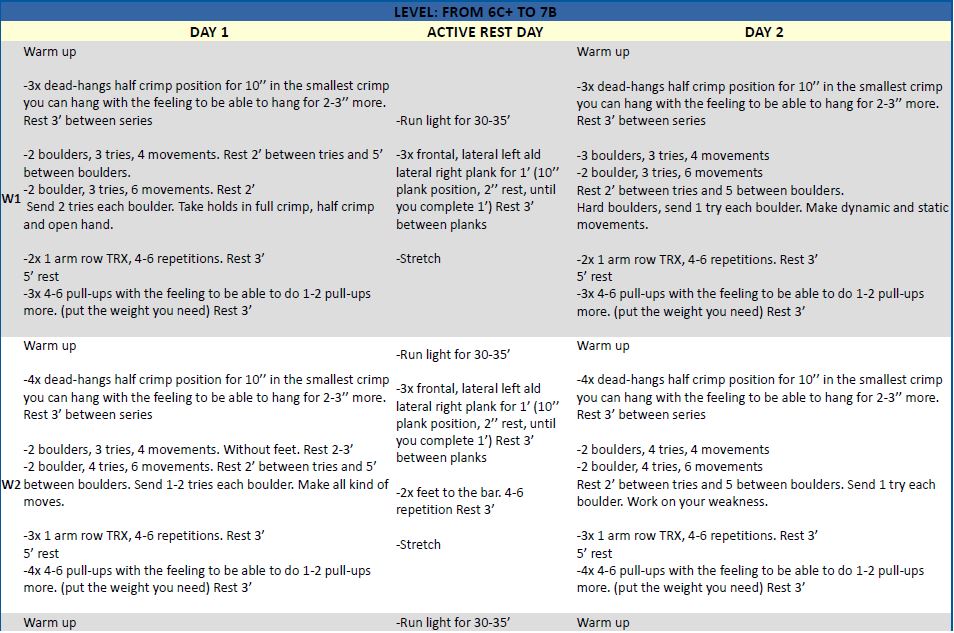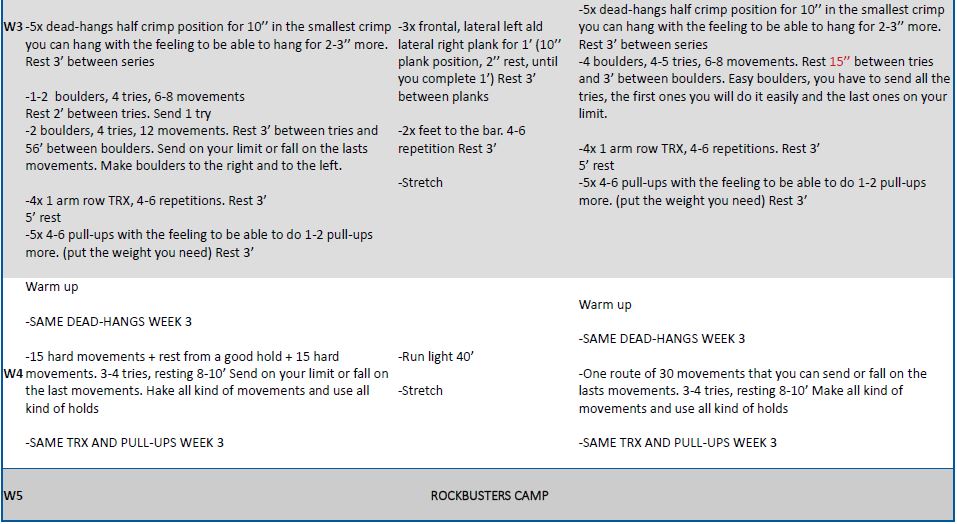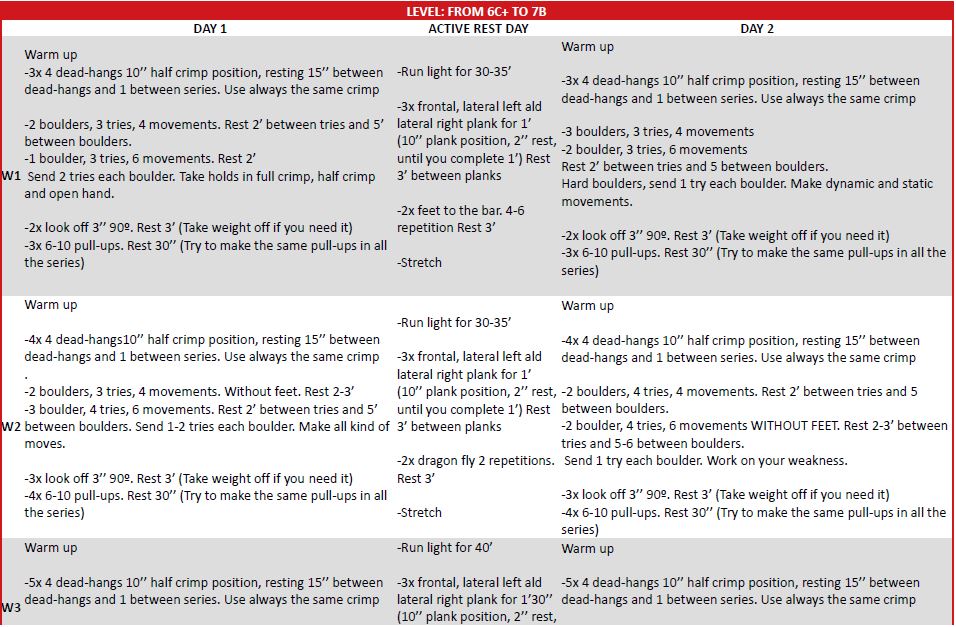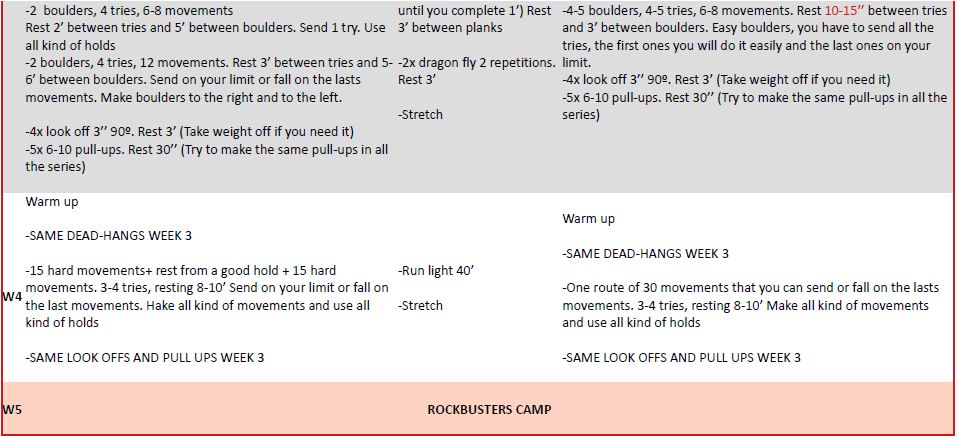Rockbusters' Blog Post
05/05/2024The Benefits of Training for Your Climbing Trip
FEATURED ARTICLE
The Benefits of Training for Your Climbing Trip
As an avid climber, you know that preparation is key to a successful and enjoyable climbing adventure. While technical skills and experience are essential, physical and mental training can significantly enhance your performance and reduce the risk of injury. In this blog post, we'll explore the benefits of training specifically for your upcoming climbing trip.
Boosting Physical Endurance
Climbing, whether it's bouldering, sport climbing, or multi-pitch routes, demands a high level of physical endurance. Endurance training can help you:
- Increase Stamina: Climbing often involves sustained periods of exertion, and improved stamina will allow you to tackle longer routes or multiple pitches without becoming fatigued too quickly.
- Build Strength: Climbing requires a combination of upper body, core, and leg strength. Targeted strength training exercises can help you develop the necessary muscle groups, enabling you to climb more efficiently and with better control.
- Improve Flexibility: Flexibility is crucial for maintaining proper form and preventing injuries. Incorporating stretching and mobility exercises into your training routine can enhance your range of motion and reduce the risk of strains or overuse injuries.
Mastering Climbing Techniques
While physical conditioning is essential, mastering climbing techniques can significantly improve your performance and safety on the rock. Training for climbing techniques can help you:
- Develop Footwork: Proper footwork is the foundation of efficient climbing. Practicing footwork drills and focusing on precise foot placements can improve your balance, reduce energy expenditure, and help you navigate challenging routes more effectively.
- Refine Grip Strength: Climbing relies heavily on grip strength, and training your fingers, hands, and forearms can increase your ability to hold onto small holds and maintain control during challenging sequences.
- Enhance Movement Skills: Climbing often requires dynamic and intricate movements. Practicing specific techniques, such as flagging, drop-knees, and heel hooks, can expand your movement repertoire and help you navigate technical sections with greater ease.
Cultivating Mental Preparation
Climbing is as much a mental game as it is a physical one. Incorporating mental training into your preparation can help you:
- Build Confidence: Developing confidence in your abilities is crucial for tackling challenging routes. Mental training exercises, such as visualization and positive self-talk, can help you approach climbs with a positive mindset and overcome mental barriers.
- Improve Focus and Concentration: Climbing requires intense focus and concentration to navigate complex sequences and maintain safety. Practicing mindfulness techniques and concentration exercises can enhance your ability to stay present and focused during your climbs.
- Manage Stress and Anxiety: Climbing can be mentally and emotionally demanding, especially in high-stakes situations or when facing exposure. Learning stress management techniques, such as breathing exercises and cognitive restructuring, can help you stay calm and make sound decisions under pressure.
By incorporating physical endurance training, climbing technique practice, and mental preparation into your routine, you'll be better equipped to tackle the challenges of your upcoming climbing trip. Remember, training is an ongoing process, and consistency is key to achieving your goals. With dedication and a well-rounded approach, you'll not only improve your performance but also increase your enjoyment and confidence on the rock.
GET READY FOR THE TRIP: Martas Palou Carol's training plan to get fit for the trip/course
MUST KNOW BEFORE START TRAINING:
- Training is organized by levels. Be honest with your level, select the training of your level
- Rest one day between day one and day two of training
- You can do the active rest day two days a week
- If you can do the dead-hangs of pull-ups of your level easily, do the next level of JUST that exercise
- If you have any doubts you can message me at paloucarolmarta@gmail.com or +34 648499873
- After each training, I recommend you stretch
